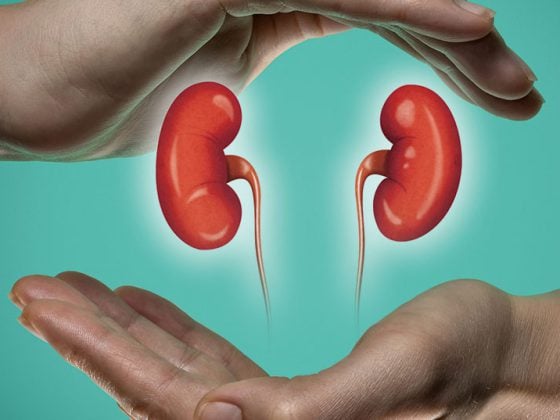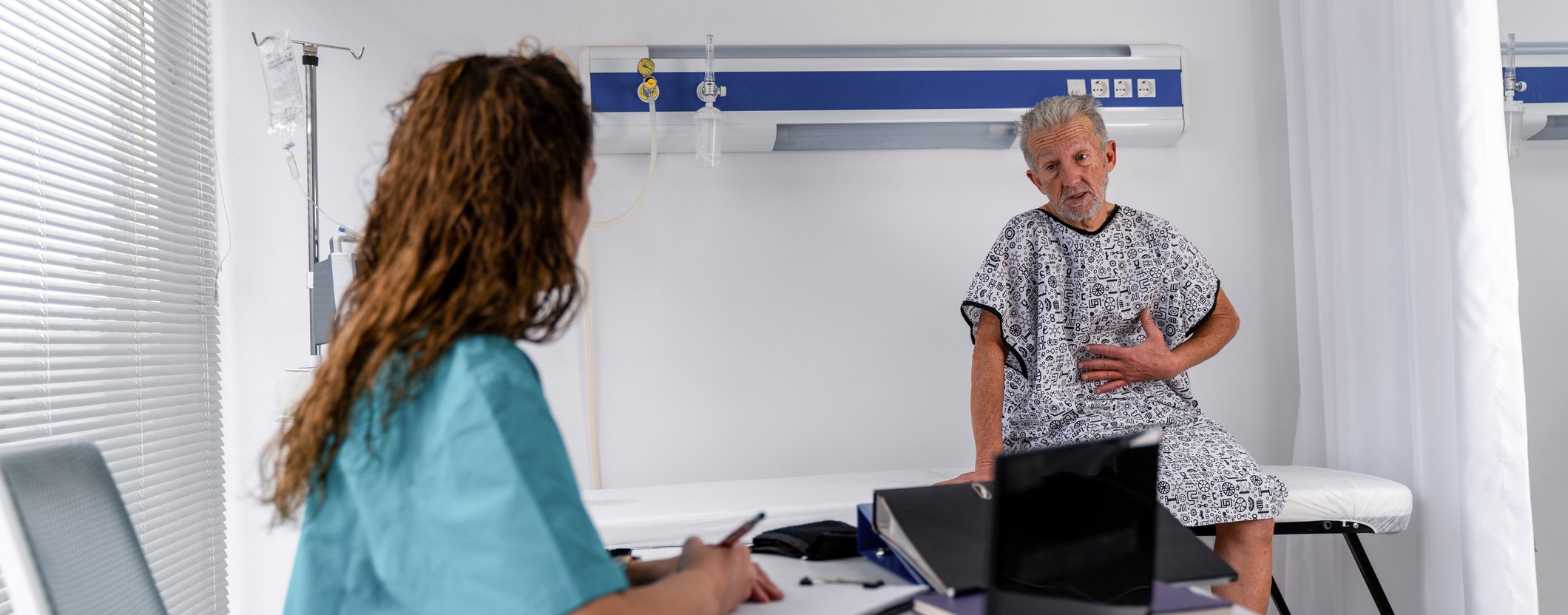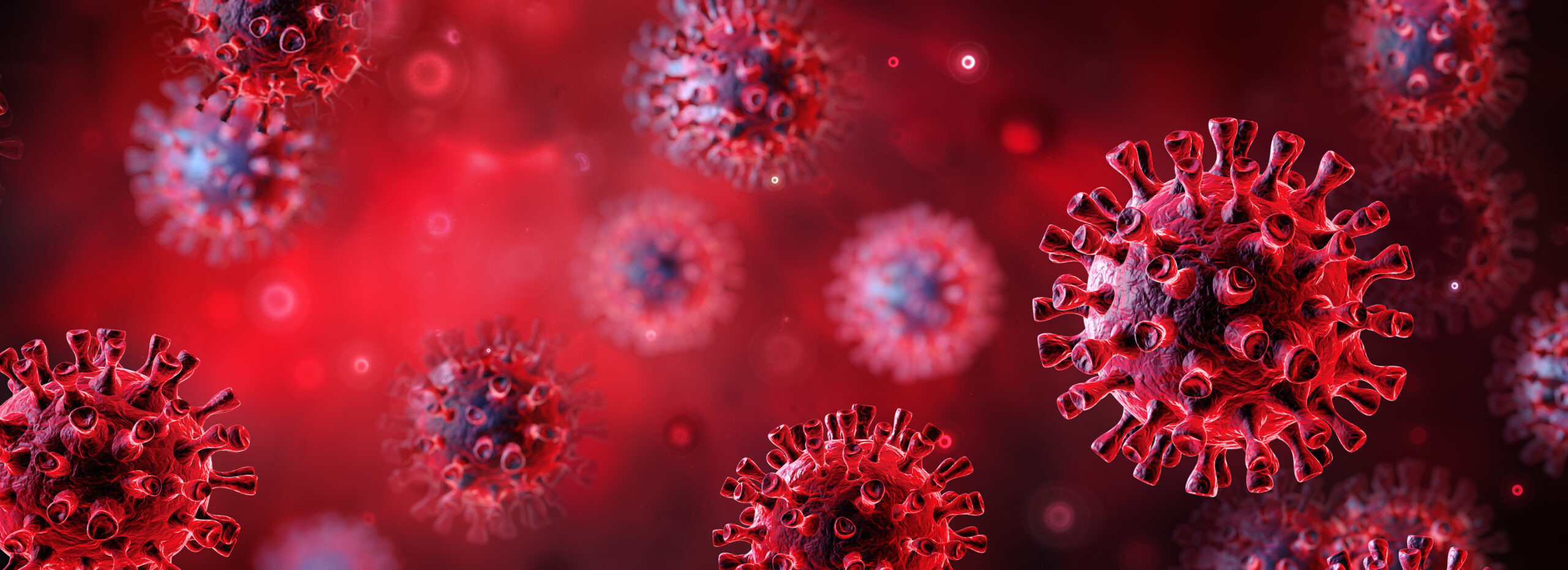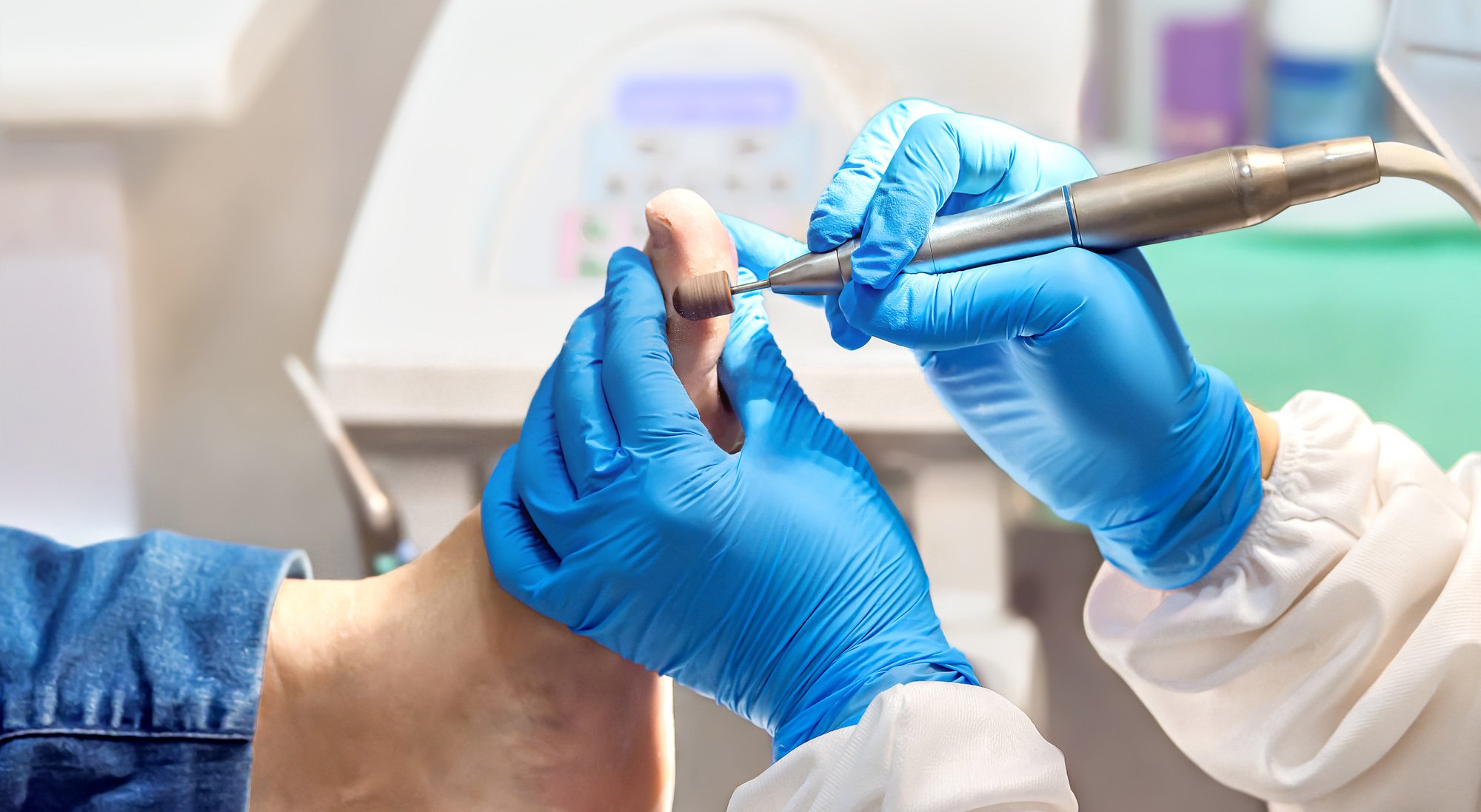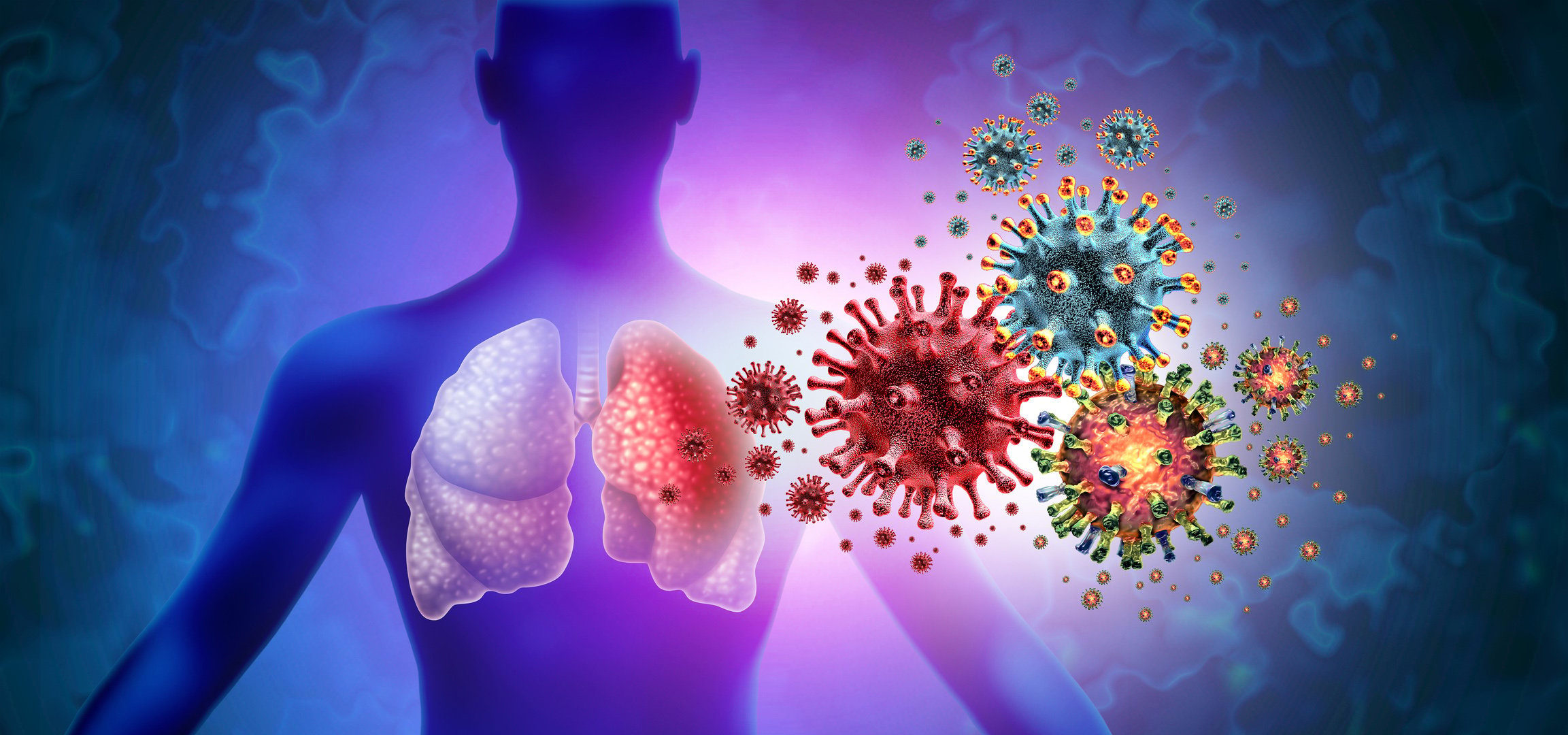Determining blood levels of medications is not only mandatory for some psychotropic drugs, but overall can be very helpful in providing effective therapy. For which preparations may therapeutic drug monitoring be indicated? Fact Sheet.
Therapeutic drug monitoring (TDM) – i.e., determining the blood levels of medications – can be very helpful for effective therapy with psychotropic drugs and is even mandatory for some medications. In the case of treatment with lithium, this is known to all practicing psychiatrists. The therapy is adjusted according to the lithium level determined 12 hours after the last tablet intake (“through level”) ( Fig. 1). The general recommendation of a value between 0.6 and 0.8 mml/l lithium may have to be modified depending on the individual situation. Thus, lower levels of lithium may be more beneficial in cases of severe adverse effects (ADEs) or old age. On the other hand, higher levels of lithium may be necessary in the treatment or prophylaxis of mania to achieve the desired therapeutic outcome. The values of the TDM must be evaluated individually.
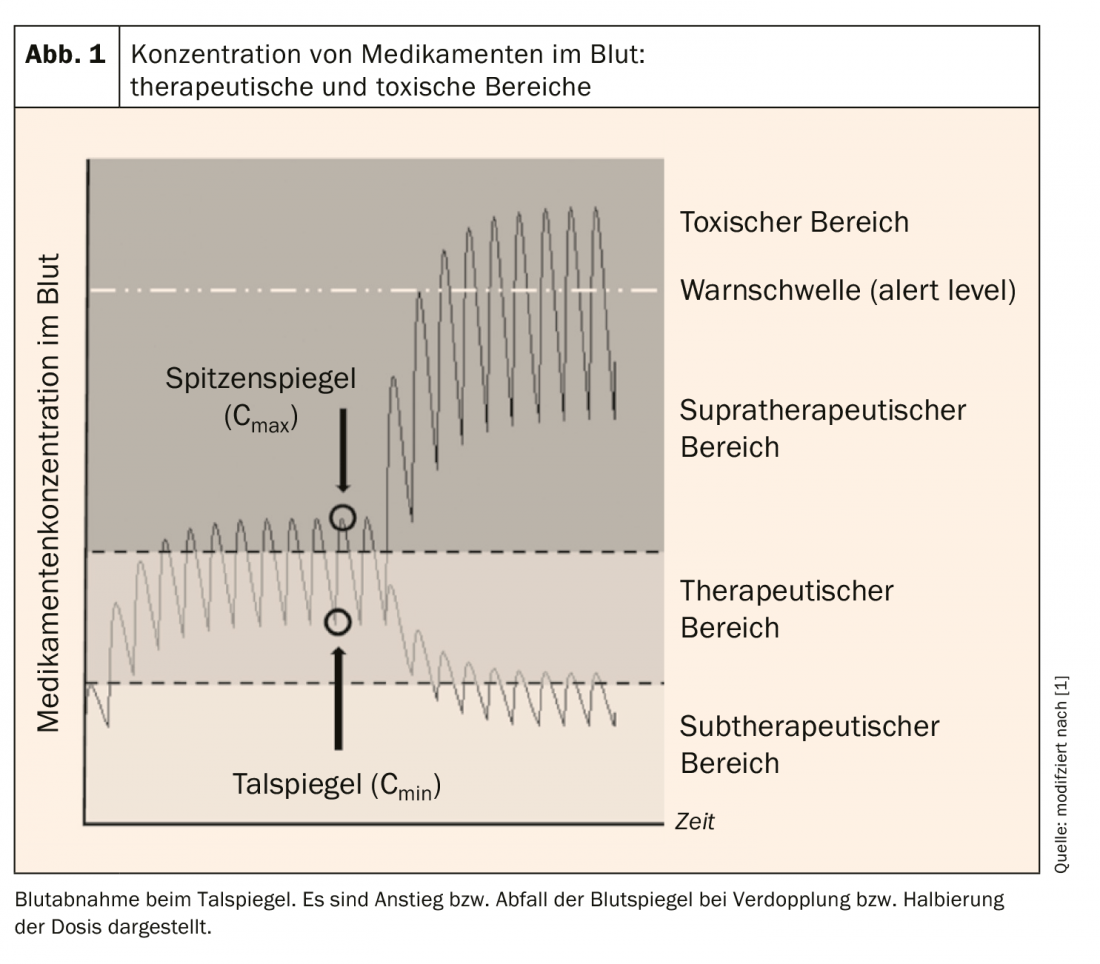
Psychopharmaceuticals in focus
But what about the other psychotropic drugs? The International Working Group on Neuropsychotropic Drugs (AGNP) has produced a consensus paper on TDM in psychotropic drugs, which is also freely available online: www.agnp.de. This work is very extensive with 89 pages and 1358 references and is not very suitable as a working tool for psychiatrists in practice and in the clinic [1]. An abridged version in “Der Nervenarzt” unfortunately only contains drugs that are available and common in Germany. It also has an error in the level of recommendation regarding carbamazepine and valproate, which was corrected in an ERRATUM [2]. Another abridged version with 13 pages is available in English [3].
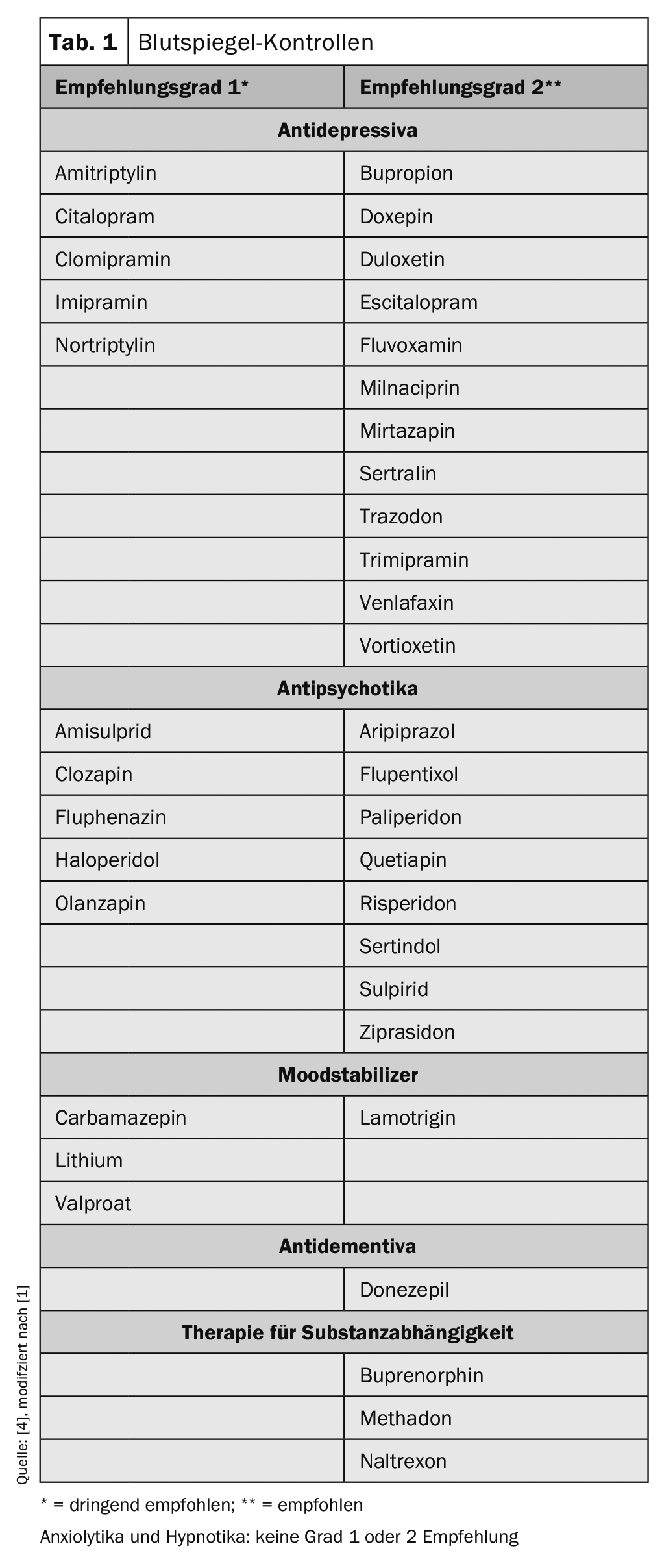
Table 1 lists the psychotropic drugs that are available in Switzerland and Germany, respectively, and for which the AGNP consensus indicates a recommendation grade 1 (“strongly recommended”) or a recommendation grade 2 (“recommended”) [4]. The overview table can help treating physicians to quickly identify the psychotropic drugs for which blood level monitoring makes sense in principle. The blood sample should be taken at the “valley level” before taking the tablets (Fig. 1). No therapeutic ranges of blood levels are given in the list for the individual drugs. These are supplied by the laboratories when the findings are reported [1].
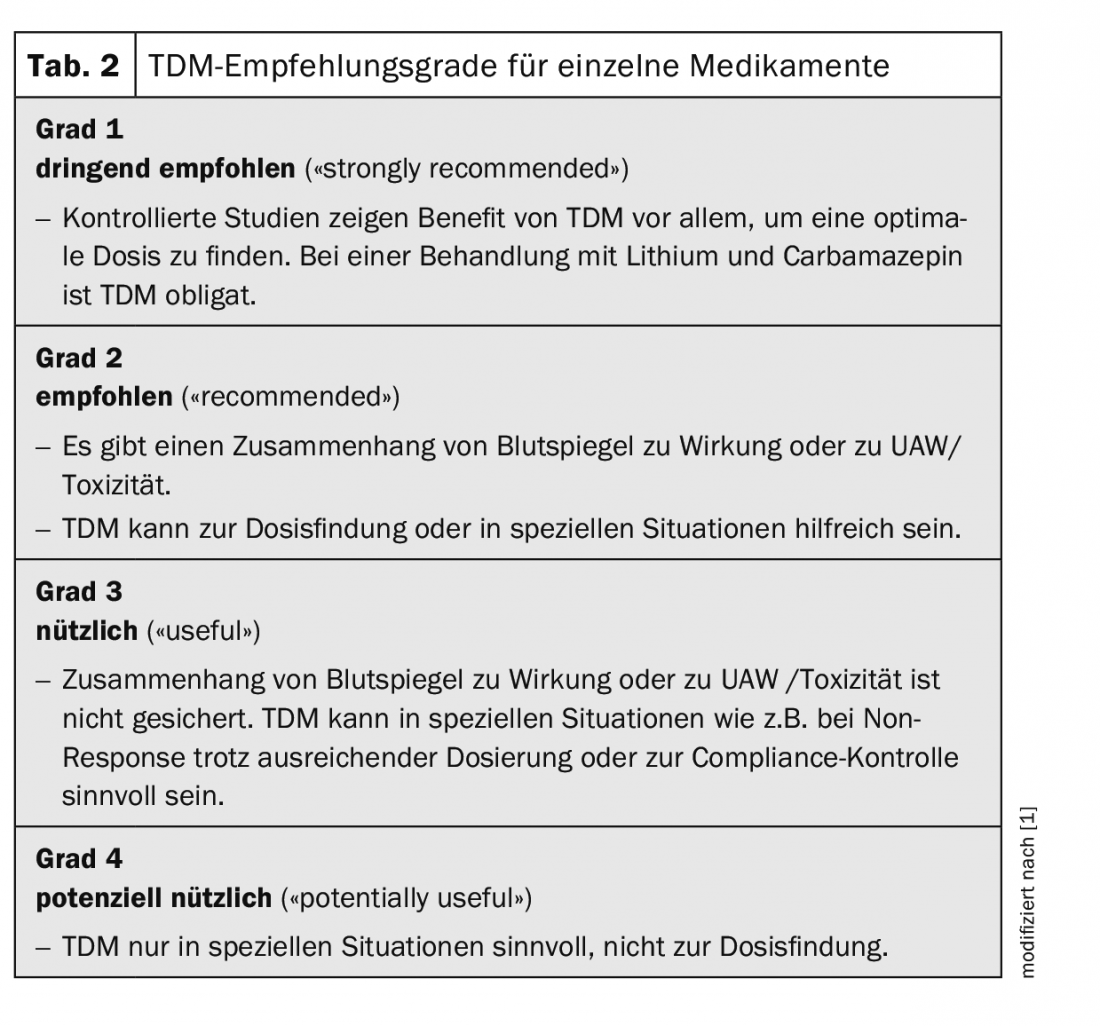
When can a blood level control be useful?
For drugs with recommendation grade 1 or 2, TDM is indicated primarily for dose finding at single dose or at dose change. TDM is also useful for identifying interactions in drug combinations, suspected lack of patient compliance, inadequate efficacy or pronounced ADRs despite therapeutic dosing, or in special patient populations such as pregnant women or the elderly. In all these cases, TDM may also be warranted for drugs that are not in Table 1 (i.e., drugs with recommendation grades 3 or 4; to TDM recommendation grades) (Table 2). Prior to genotyping to test for genetic features in drug metabolism, TDM may also be indicated [5].
Literature:
- Hiemke C, Bergemann N, Clement HW, et al: Consensus Guidelines for Therapeutic Drug Monitoring in Neuropsychopharmacology: Update 2017. Pharmacopsychiatry 2018; 51(1-02): e1. doi: 10.1055/s-0037-1600991.
- Unterecker S, Hefner G, Baumann P, et al: Therapeutic drug monitoring in neuropsychopharmacology. Summary of the 2017 consensus guidelines of the TDM working group of the AGNP. Neurologist. 2019; 90(5): 463-471. doi: 10.1007/s00115-018-0643-9.
- Schoretsanitis G, Paulzen M, Unterecker S, et al: TDM in psychiatry and neurology: A comprehensive summary of the consensus guidelines for therapeutic drug monitoring in neuropsychopharmacology, update 2017; a tool for clinicians. World J Biol Psychiatry. 2018; 19(3): 162-174. doi: 10.1080/15622975.2018.1439595.
- Greil W. Inappropriate levels of recommendation for carbamazepine and valproate (letter to the editor) Nervenarzt. 2020; 91(1): 73-74. doi: 10.1007/s00115-019-0763-x. Published online: 19 July 2019
- Baumann P, Amstutz U, Jetter A, et al: Principles and evidence for pharmacogenetic testing: personalized therapy for psychotropic drugs. Info Neurology and Psychiatry 2017; 15(6): 21-30.
InFo NEUROLOGY & PSYCHIATRY 2020; 18(2): 18-19.



